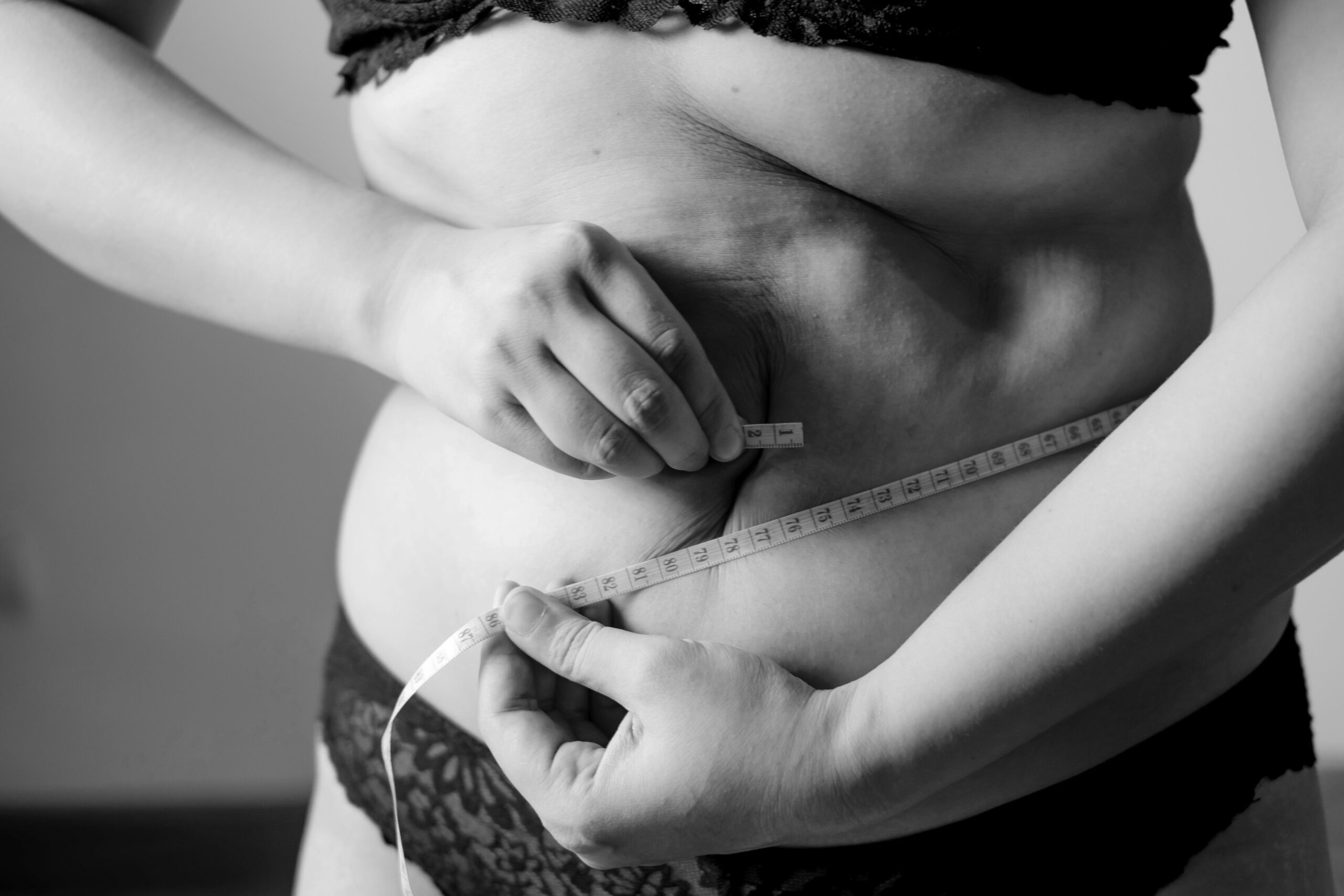Have you been wondering whether you will gain weight after stopping the ketogenic diet? It’s a common concern among those who have successfully shed pounds through this low-carb, high-fat approach. In this article, we will explore the potential impact of transitioning off the ketogenic diet and provide insights to help you make informed decisions about your weight management journey. So, if you’re eager to learn more about what could happen to your weight after saying goodbye to keto, keep reading!

Understanding the Keto Diet
What is the Keto Diet?
The Keto Diet, short for ketogenic diet, is a low-carbohydrate, high-fat diet that has gained popularity for its potential weight loss benefits. The main idea behind the Keto Diet is to drastically reduce your carbohydrate intake and replace it with healthy fats, forcing your body into a metabolic state called ketosis.
Basic Principles of the Keto Diet
The basic principles of the Keto Diet revolve around limiting carbohydrates to a minimum daily intake while increasing the consumption of healthy fats. By significantly reducing your carb intake, your body is forced to find an alternative source of energy, namely fats. It breaks down fats into ketones, which are then used as fuel for the body instead of glucose obtained from carbohydrates.
Body’s Adaptation to the Keto Diet
How Body Converts Fat into Energy?
When you are on the Keto Diet, your body undergoes a fundamental shift in its energy source. Instead of relying on glucose from carbohydrates, your body starts relying on fat as its primary fuel. This occurs through a process called ketogenesis, where the liver converts fatty acids into ketones, which are then utilized by the cells for energy.
Body in the State of Ketosis
When your body is in a state of ketosis, it means that it is efficiently utilizing fat for energy. This metabolic state is achieved by following the Keto Diet strictly and maintaining low carbohydrate intake consistently. In ketosis, your body becomes like a fat-burning machine, which can potentially lead to weight loss.
Reasons for Discontinuing the Keto Diet
Challenges of Adhering to the Keto Diet
While the Keto Diet can have numerous benefits, it does come with its own set of challenges. Adhering to a low-carb, high-fat diet can be difficult for some individuals, especially when faced with social situations or when cravings for carbohydrate-rich foods arise. It requires strict discipline and may not be sustainable for everyone in the long run.
Reasons Why People Quit The Keto Diet
There can be various reasons why individuals choose to discontinue the Keto Diet. These reasons can include difficulty in adhering to the diet long-term, limited food choices, feeling socially isolated due to dietary restrictions, or experiencing adverse side effects such as the “keto flu.”
Immediate After-Effects of Stopping the Keto Diet
Physical Responses to Reintroducing Carbs
When you reintroduce carbohydrates into your diet after following the Keto Diet, your body reacts differently. It starts utilizing carbohydrates as its primary source of energy again, leading to a decrease in the breakdown of fats. This shift in fuel source can result in immediate weight gain due to increased water retention in the body.
The ‘Keto Flu’ Phase
The ‘Keto Flu’ is a term used to describe a collection of symptoms that some individuals experience when transitioning from the Keto Diet to a higher-carb diet. These symptoms can include fatigue, headaches, nausea, irritability, and brain fog. It is a temporary phase that usually lasts a few days to a week as your body adjusts to the change in fuel sources.

Potential Weight Gain After Stopping Keto
Body’s Reaction to Increased Carbohydrate Intake
After stopping the Keto Diet, if you start consuming more carbohydrates, your body may respond by storing excess glucose as glycogen in your liver and muscles. This can lead to an increase in water weight, making you feel bloated or heavier on the scale. It’s important to note that this initial weight gain is mostly temporary and not a true reflection of fat gain.
How Metabolism Changes Handle the Dietary Shift
When you are on the Keto Diet, your metabolism adapts to prioritize the breakdown of fats for energy. However, when you reintroduce carbohydrates, your metabolism adjusts to utilize glucose as its energy source again. This transition may cause temporary fluctuations in your metabolic rate, potentially leading to weight gain.
Factors That Influence Weight Gain
Genetic Factors
Genetic factors can play a role in how your body responds to changes in diet, including weight gain. Some individuals may be genetically predisposed to gain weight more easily than others, irrespective of their dietary habits. It’s important to remember that weight gain is a complex interaction between genetics, environment, and lifestyle factors.
Activity Levels Post Keto
Your activity levels after stopping the Keto Diet can greatly impact whether you experience weight gain or not. Regular physical activity, including both cardiovascular exercises and strength training, can help maintain a healthy weight and prevent excess fat gain. Staying active is essential for overall health and wellbeing.
Variation in Dietary Choices Post Keto
The choices you make regarding your dietary habits after stopping the Keto Diet can contribute to weight gain. It’s important to focus on consuming a balanced and nutritious diet that includes a variety of foods from all food groups. Opt for whole, unprocessed foods, and avoid excessive consumption of refined sugars and unhealthy fats.

Ways to Manage Weight Post Keto
Sensible Approach to Carbohydrate Reintroduction
To manage your weight effectively after stopping the Keto Diet, it is important to take a sensible approach to carbohydrate reintroduction. Gradually increase your carbohydrate intake while monitoring how your body responds. Focus on consuming complex carbohydrates from whole grains, fruits, and vegetables, while still maintaining a balanced diet.
Keeping Active
Maintaining an active lifestyle is crucial for managing your weight, regardless of the diet you follow. Incorporate regular physical activity into your daily routine, aiming for at least 150 minutes of moderate-intensity exercise per week. This can include activities such as brisk walking, jogging, cycling, or any other form of exercise that you enjoy.
Monitoring Your Caloric Intake
To manage your weight effectively, it is important to monitor your caloric intake. While the Keto Diet focuses on reducing carbohydrates, it’s still essential to maintain a calorie balance. Ensure that you are consuming an appropriate number of calories for your age, gender, activity level, and weight maintenance goals.
Alternatives to the Keto Diet for Weight Management
Other Low-Carb Diets
If the Keto Diet is not sustainable for you in the long term, there are other low-carb diets that you can explore. Examples include the Atkins Diet, the South Beach Diet, or the Mediterranean Diet, which all focus on reducing carbohydrate intake while emphasizing healthy fats and protein.
Balanced Diet Plans
Following a balanced diet plan can be a great alternative to the Keto Diet. A balanced diet emphasizes consuming a variety of nutrient-dense foods from all food groups in appropriate portions. This approach ensures that you get all the essential nutrients your body needs while managing your weight effectively.
Intermittent Fasting
Intermittent fasting is another strategy that can aid in weight management. It involves cycling between periods of fasting and eating within a specific time window. This approach allows your body to utilize stored fat as a source of energy during the fasting period, potentially leading to weight loss or weight maintenance.
Importance of Consulting a Healthcare Professional
Assessing Your Individual Nutritional Needs
Before starting any diet plan or making significant changes to your dietary habits, it is essential to consult a healthcare professional. They can assess your individual nutritional needs, provide personalized advice, and help you determine the most suitable diet plan for your goals and overall health.
Creating a Personalized and Balanced Diet Plan
A healthcare professional can help create a personalized and balanced diet plan tailored to your specific needs. They can consider factors such as your age, gender, weight, medical history, activity level, and dietary preferences. This ensures that your diet is sustainable, nourishing, and conducive to long-term weight management.
Long-Term Maintenance of Weight Loss
Healthy Lifestyle Changes
Maintaining a healthy weight requires more than just following a specific diet. It involves making long-term lifestyle changes. Focus on incorporating healthy habits such as regular physical activity, proper hydration, stress management, and adequate sleep. These lifestyle changes can support your weight management efforts and promote overall wellbeing.
Sustainable Eating Habits
Instead of relying solely on restrictive diets, aim to develop sustainable eating habits. Focus on consuming a balanced diet that includes a variety of whole, nutrient-dense foods. Avoid extreme dieting or quick-fix approaches, as they are often not sustainable in the long run. Aim for a moderate and balanced approach to your nutrition.
Continuous Physical Activity
Regular physical activity is key to maintaining weight loss. Engage in activities that you enjoy and make them a part of your daily routine. Find ways to stay active throughout the day, such as taking the stairs instead of the elevator or going for walks during your lunch break. Remember, consistency is key when it comes to physical activity.
By understanding the Keto Diet and its effects on your body, you can make informed decisions about its suitability for your lifestyle and weight management goals. Prioritize your overall health, consult with healthcare professionals, and focus on creating sustainable habits that promote long-term wellness.

